
Moderna's investigational vaccine against RSV in adults showed mean efficacy of 83% against the infection and is the only mRNA technology-based RSV shot.

Moderna's investigational vaccine against RSV in adults showed mean efficacy of 83% against the infection and is the only mRNA technology-based RSV shot.

"It's a very rich pipeline because [agitation] is a very common and very debilitating symptom in Alzheimer's disease," Grossberg observed.
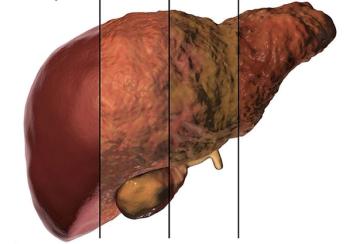
Individuals with "lean NAFLD" may be at similar risk of NASH, cirrhosis, nonliver cancer, and death as as those with NAFLD and overweight or obesity, authors say.

President of the Obesity Medicine Association discusses how clinician perspectives on obesity and obesity treatment are changing for the better.

Adults who said they always added extra salt to their food had an 11% higher risk for developing CKD compared with those who never or only rarely added salt, according to new research.

Older adults with a history of migraine, in contrast, were at no greater risk of an automotive crash than those without prevalent migraine, according to new study results.

In an open letter to the public, Lilly decries use of tirzepatide products Mounjaro and Zepbound for nonmedical purposes and warns of counterfeit formulations.

Findings underscore the importance of preventive measures and management of risk factors associated with CKD in adolescents with elevated BMI, report researchers.

Your daily dose of the clinical news you may have missed.

Physician visits for gastritis, duodenitis, and esophageal disorders were more than 40% higher in MS patients 5 years before diagnosis than for controls.
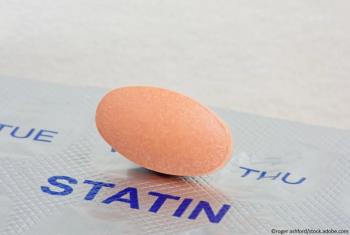
While not eliminated, study authors found risk of VTE reduced roughly by half in women taking vs not taking a statin when initiating hormone therapy.

Your daily dose of the clinical news you may have missed.
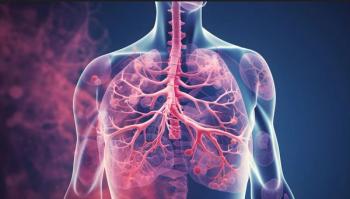
Higher serum levels of the omega-3 fatty acids were associated with slowed disease progression and longer transplant-free survival in a new study.

Your daily dose of the clinical news you may have missed.

Beware the potential pitfalls of telemedicine, from privacy concerns to patient confusion, says associate general counsel for The Doctors Company.
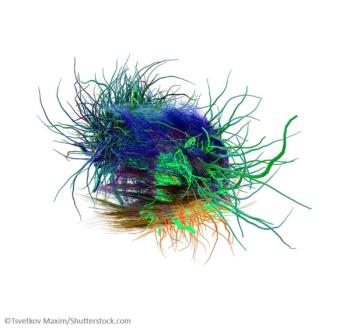

Health care leaders increasingly are looking to technology for solutions to the challenges facing primary care.

Your daily dose of the clinical news you may have missed.

Common triggers, such as stress, travel, and disrupted routines, can impact patients with migraine this holiday season. Practical strategies and short-term preventive measures to help, here.
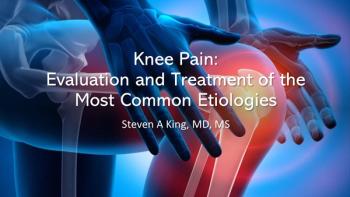
Knee pain is the presenting symptom for ~5% of primary care visits. Following are highlight of a JAMA review covering the 3 most common etiologies.